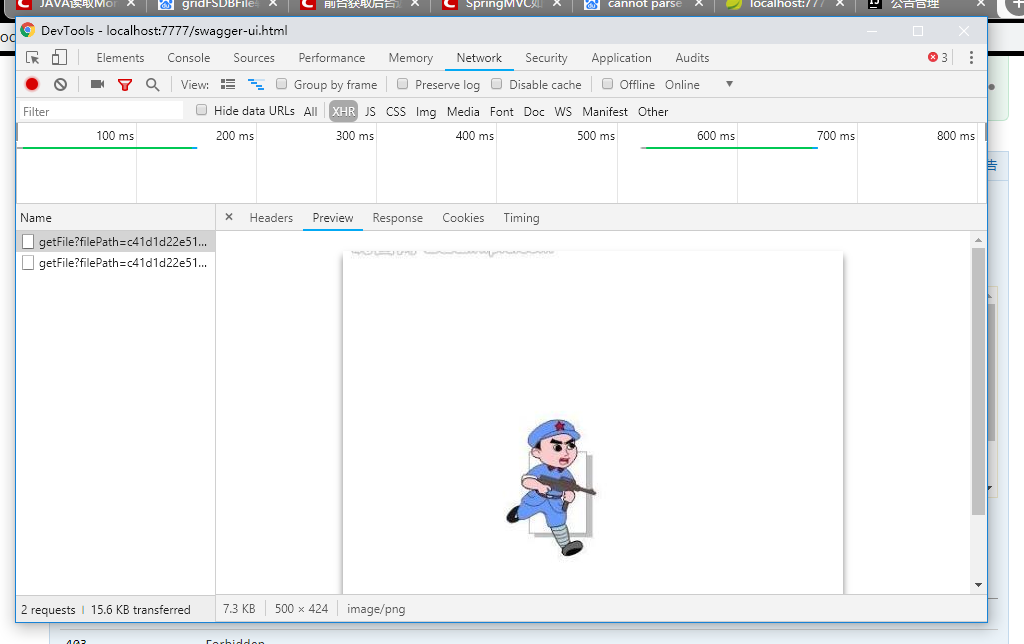This question already has an answer here:
-
Identity increment is jumping in SQL Server database
6 answers
I have a strange scenario in which the auto identity int column in my SQL Server 2012 database is not incrementing properly.
Say I have a table which uses an int auto identity as a primary key it is sporadically skipping increments, for example:
1,
2,
3,
4,
5,
1004,
1005
This is happening on a random number of tables at very random times, can not replicate it to find any trends.
How is this happening?
Is there a way to make it stop?
This is all perfectly normal. Microsoft added sequences in SQL Server 2012, finally, i might add and changed the way identity keys are generated. Have a look here for some explanation.
If you want to have the old behaviour, you can:
- use trace flag 272 - this will cause a log record to be generated for each generated identity value. The performance of identity generation may be impacted by turning on this trace flag.
- use a sequence generator with the NO CACHE setting (http://msdn.microsoft.com/en-us/library/ff878091.aspx)
I know my answer might be late to the party. But i have solved in another way by adding a start up stored procedure in SQL Server 2012.
Create a following stored procedure in master DB.
USE [master]
GO
SET ANSI_NULLS ON
GO
SET QUOTED_IDENTIFIER ON
GO
ALTER PROCEDURE [dbo].[ResetTableNameIdentityAfterRestart]
AS
BEGIN
begin TRAN
declare @id int = 0
SELECT @id = MAX(id) FROM [DatabaseName].dbo.[TableName]
--print @id
DBCC CHECKIDENT (\'[DatabaseName].dbo.[TableName]\', reseed, @id)
Commit
END
Then add it in to Start up by using following syntax.
EXEC sp_procoption \'ResetOrderIdentityAfterRestart\', \'startup\', \'on\';
This is a good idea if you have few tables. but if you have to do for many tables, this method still works but not a good idea.
Got the same problem, found the following bug report in SQL Server 2012
If still relevant see conditions that cause the issue - there are some workarounds there as well (didn\'t try though).
Failover or Restart Results in Reseed of Identity
While trace flag 272 may work for many, it definitely won\'t work for hosted Sql Server Express installations. So, I created an identity table, and use this through an INSTEAD OF trigger. I\'m hoping this helps someone else, and/or gives others an opportunity to improve my solution. The last line allows returning the last identity column added. Since I typically use this to add a single row, this works to return the identity of a single inserted row.
The identity table:
CREATE TABLE [dbo].[tblsysIdentities](
[intTableId] [int] NOT NULL,
[intIdentityLast] [int] NOT NULL,
[strTable] [varchar](100) NOT NULL,
[tsConcurrency] [timestamp] NULL,
CONSTRAINT [PK_tblsysIdentities] PRIMARY KEY CLUSTERED
(
[intTableId] ASC
)WITH (PAD_INDEX = OFF, STATISTICS_NORECOMPUTE = OFF, IGNORE_DUP_KEY = OFF, ALLOW_ROW_LOCKS = ON, ALLOW_PAGE_LOCKS = ON) ON [PRIMARY]
) ON [PRIMARY]
and the insert trigger:
-- INSERT --
IF OBJECT_ID (\'dbo.trgtblsysTrackerMessagesIdentity\', \'TR\') IS NOT NULL
DROP TRIGGER dbo.trgtblsysTrackerMessagesIdentity;
GO
CREATE TRIGGER trgtblsysTrackerMessagesIdentity
ON dbo.tblsysTrackerMessages
INSTEAD OF INSERT AS
BEGIN
DECLARE @intTrackerMessageId INT
DECLARE @intRowCount INT
SET @intRowCount = (SELECT COUNT(*) FROM INSERTED)
SET @intTrackerMessageId = (SELECT intIdentityLast FROM tblsysIdentities WHERE intTableId=1)
UPDATE tblsysIdentities SET intIdentityLast = @intTrackerMessageId + @intRowCount WHERE intTableId=1
INSERT INTO tblsysTrackerMessages(
[intTrackerMessageId],
[intTrackerId],
[strMessage],
[intTrackerMessageTypeId],
[datCreated],
[strCreatedBy])
SELECT @intTrackerMessageId + ROW_NUMBER() OVER (ORDER BY [datCreated]) AS [intTrackerMessageId],
[intTrackerId],
[strMessage],
[intTrackerMessageTypeId],
[datCreated],
[strCreatedBy] FROM INSERTED;
SELECT TOP 1 @intTrackerMessageId + @intRowCount FROM INSERTED;
END



